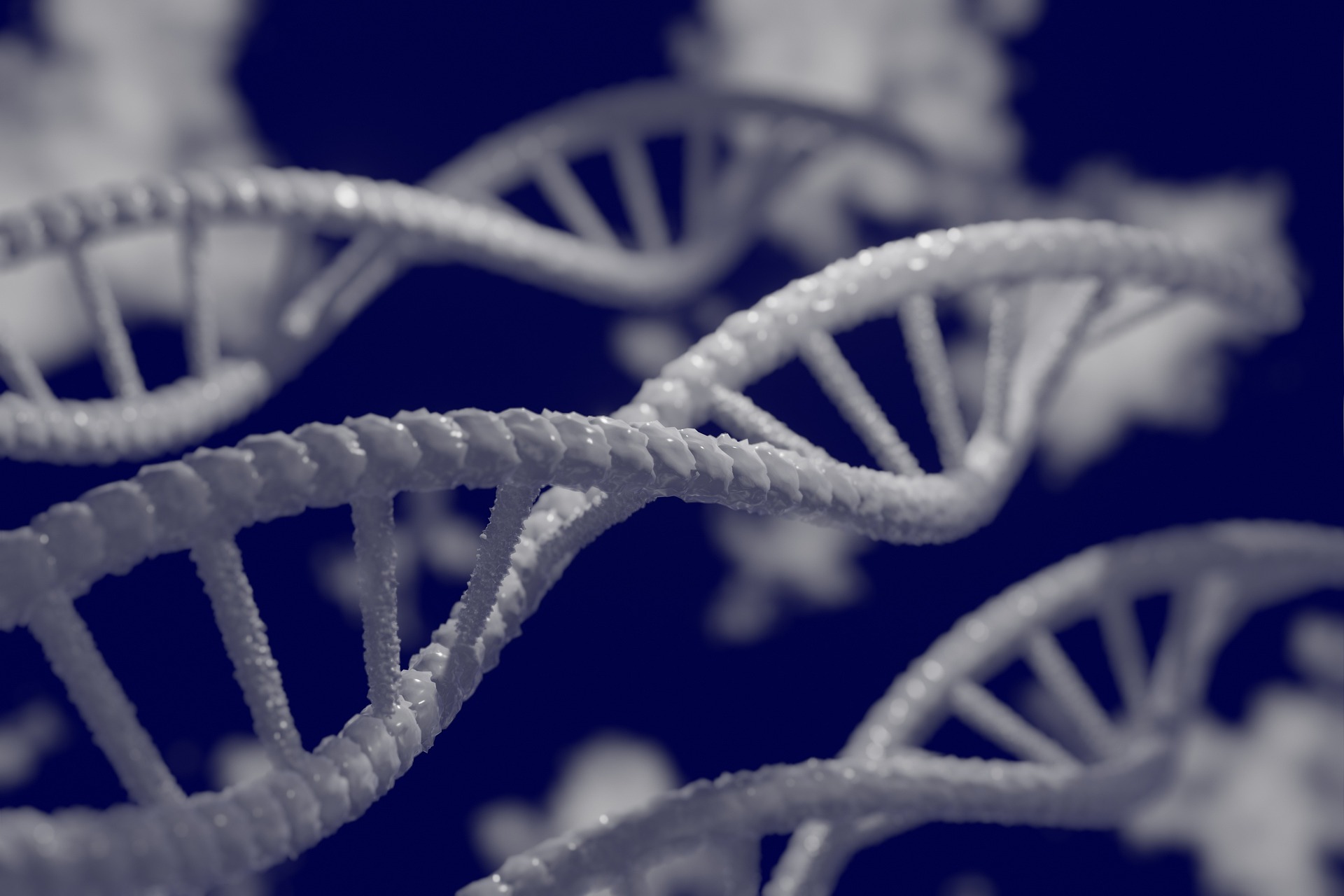The Role of Epigenetics in Disease Prevention
Epigenetics, a rapidly emerging area of medical science, offers promising breakthroughs in the way we understand and combat various diseases. By exploring how lifestyle and environmental factors can affect gene expression, we can gain unprecedented insights into disease prevention. Read below to delve deeper into the fascinating world of epigenetics.

The Basics of Epigenetics
Epigenetics is a branch of genetics that studies how our behaviors and environment can cause changes in the way our genes work. Unlike genetic changes, which involve alterations to the DNA sequence itself, epigenetic changes are reversible and do not change our DNA sequence. Instead, they affect how cells read genes. Epigenetic changes are influenced by various factors such as age, environment, lifestyle, and disease state.
Epigenetics and Disease Prevention
There is growing evidence that epigenetics plays a crucial role in the development and progression of diseases, including cancer, heart disease, and neurological disorders. For instance, studies have shown that diet, physical activity, stress, and toxins can cause epigenetic changes that may lead to cancer. This suggests that lifestyle modifications could potentially help prevent these diseases by altering the way our genes function.
The Impact of Lifestyle on Epigenetics
Many lifestyle factors can influence our epigenome, the multitude of chemical compounds that tell our genome what to do. For instance, studies have shown that diet, exercise, toxin exposure, stress, and sleep can all induce epigenetic changes. These changes can either activate or silence genes, potentially leading to disease or health, respectively.
Epigenetics and Aging
Research has suggested that epigenetic changes also occur as we age. These changes are believed to contribute to aging-related diseases such as Alzheimer’s, cardiovascular disease, and cancer. However, further studies are required to fully understand the complex relationship between aging, epigenetics, and disease.
Future Perspectives in Epigenetics
The study of epigenetics opens up new avenues for disease prevention and treatment. By understanding how our lifestyle and environment influence our genes, we can potentially develop personalized prevention strategies and treatments based on an individual’s unique epigenetic profile.
Useful Tips and Facts: - Epigenetic changes are reversible and do not change our DNA sequence. - Lifestyle factors like diet, exercise, and stress can influence our epigenome and potentially lead to disease. - Epigenetics offers potential for personalized prevention strategies and treatments based on an individual’s unique epigenetic profile.
Conclusion: The field of epigenetics is revolutionizing our understanding of disease prevention. While more research is needed, the potential implications of this branch of science are immense. By understanding and harnessing the power of epigenetics, we can work towards a healthier future for all.




